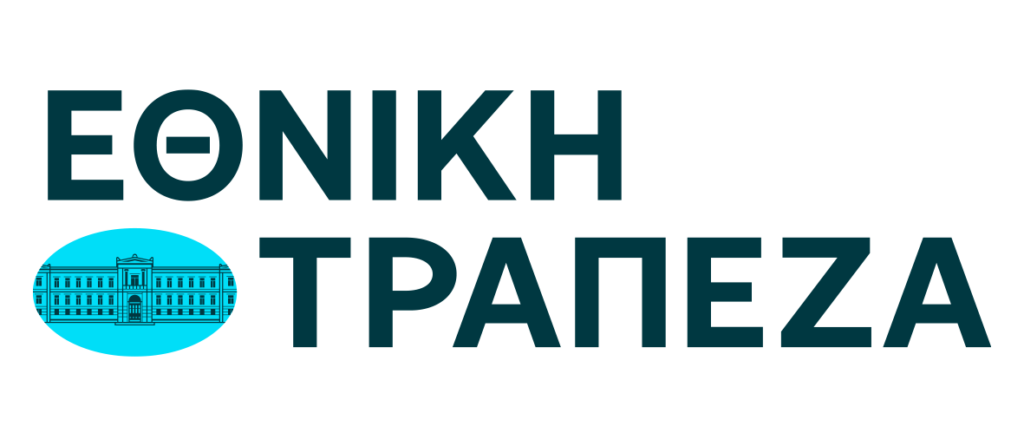What is the Centre for European Constitutional Law?
The Centre for European Constitutional Law – Themistocles and Dimitris Tsatsos Foundation (CECL) is one from most active Greek (non profit) research institutes.
The Centre aspires to contribute to the promotion of democratic institutions and the welfare state under the rule of law, the deepening of European integration and the strengthening of international cooperation with respect for the cultural identity of each state.
The objective of the Centre is, in specific, to undertake theoretical and applied scientific research in greek, european and comparative public law, institutions and public policies, the provision of institution and capacity building to developing countries and the new member-states of the European Union and the enhancement of public awareness on developments in the european area.
The Centre was founded in 1995 and has, until now, undertaken research and institution building projects in more than 25 countries while it maintains a wide network of collaborating institutions and experts all over the world.
Legal Status
The Centre for European Constitutional Law – Themistokles and Dimitris Tsatsos Foundation (CECL), is a non-governmental organization, operating as a public benefit institution. It operates under the supervision of the Hellenic Ministries of Foreign Affairs, Economy, Justice, National Education and Culture. It was founded in July 1995 (Official Journal of the Hellenic Republic 614/12.7.1995), has its headquarters in Athens, a branch office in Nicosia (Cyprus) and regional offices in Heraklion (Crete) and Komotini (Thrace).
The Centre has special consultative status with the Economic and Social Council of the United Nations (ECOSOC).
The Centre is registered in the Registry of non-governmental organisations of the Hellenic Aid of the Ministry of Foreign Affairs and is a mandated body for the implementation of Twinning projects. Additionally, in its fields of priority, the Centre participates with observer status in the activities of international organisations.
What are the activities of the Centre?
- Scientific research and Implementation of institution and capacity building projects
- Consulting in specific thematic fields
- Training
- Organisation of conferences and meetings
- Publication of scientific monographs, studies and collective volumes
- Participation in research networks
The main thematic fields of the Centre’s activities are:
- Constitutional institutions, Good Governance and Better Regulation
- International and European institutions and policies
- Welfare State, Social and Educational Policy
Specifically:
| Thematic Fields | ||
| Constitutional Institutions, Good Governance and Better Regulation | International and European Institutions and Policies | Welfare State, Social Policy and Educational Policy |
| Fundamental Rights Modernization of Public Administration and Local Government Justice Regulatory Reform Combating Corruption and Organised Crime | Deepening of European Integration Competition and Internal Market Justice and Home Affairs Equality and non-discrimination Immigration Environment and Sustainable Development | Employment and Social Security Combating Social Exclusion and Promoting Social Inclusion Social Welfare Health Policy Education and vocational training |
The activities of the Centre are guided by an International Scientific Committee, comprised of eminent professors from various European Universities.
- Lidija Basta, President of the International Scientific Committee, Professor at the University of Fribourg
- Paolo Ridola, Vice President of the International Scientific Committee, Professor at the University La Sapienza of Rome
- Constantinos Tsoukalas, Professor Emeritus, University of Athens
- Kostas Chryssogonos, Professor at the Aristotle University of Thessaloniki
- Ulrich Battis, Professor at Humboldt-Universität zu Berlin Institut für Öffentliches Recht und Völkerrecht
- Thomas Fleiner, Professor of the Faculty of law at the University of Fribourg
- Peter Haberle, Honorary President of CECL, Professor at University of Bayreuth, (ex officio member)
- Vlado Kambovski, Professor of the Faculty of law “Iustinianus Primus” Cyril and Methodius University, Vice- President of the Academy of Sciences and Arts
- Antonio Lopez Pina, Cátedra Jean Monnet de Cultura juridica europea Catedrático de Derecho Constitucional Universidad Complutense
- Ergun Ozbudun, Professor at the University of Bilkent
- Danny Pieters, Professor at the Katholieke Universiteit of Leuven
- Ioannis Pyrgiotakis, Professor at the University of Crete
- Martin Scheinin, Professor of Public International Law at the European University Institute
- Elena Simina Tanasescu, Professor of the Faculty of law at the University of Bucharest
- Vasilleios Skouris, President of The Court of Justice of the European Communities
- Stavros Zenios, Rector of the University of Cyprus
Three specialised thematic Units operate within the structure of the Centre, namely:
- BETTER REGULATION UNIT
The Better Regulation Unit focuses on theoretical and applied research in the field of Better Regulation and deals with national and comparative dimensions of regulatory impact assessment, simplification of administrative procedures, codification of legislation, measurement of administrative burdens, application of the standard cost model, public consultations etc. - EDUCATIONAL POLICY UNIT
The Educational Policy Unit focuses on the national, international and comparative dimensions of the organization and administration of educational institutions, formal and non-formal education, the links between education and the labor market, the fight against social exclusion, the promotion of social integration and the provision of training to education professionals. - SOCIAL POLICY UNIT
The Social Policy Unit focuses on the European and international experience in the field of social policy through an interdisciplinary approach and the formulation of valid policy proposals.


